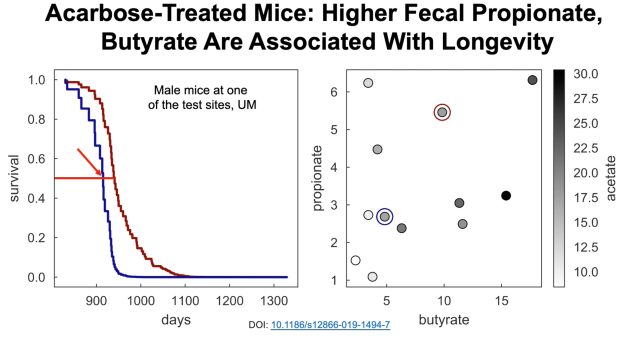11 epigenetic clocks have been published since 2011, but which is best for predicting aging and age-related disease? In this video, I present findings from a recent publication, “Underlying features of epigenetic aging clocks in vitro and in vivo”, that compared data for 11 epigenetic clocks, and derived a new epigenetic clock, the meta-clock.



